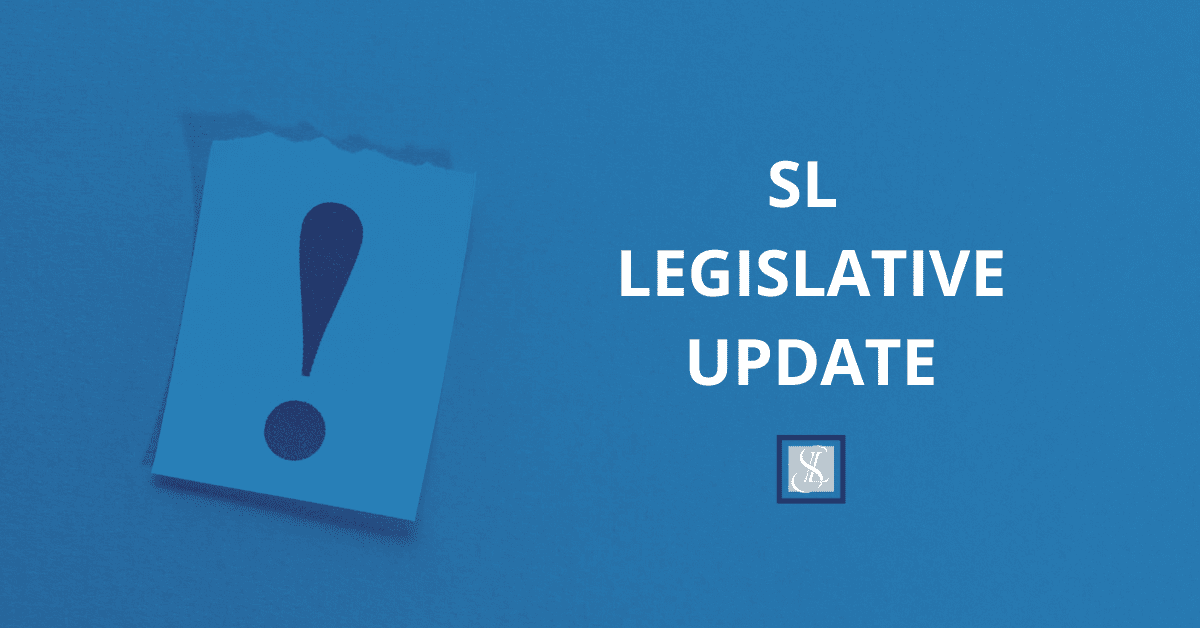 On October 28, 2021, the House of Representatives released a revised text of their Build Back Better Bill to reflect the updated reconciliation framework President Biden conveyed to the nation in a televised press conference.
On October 28, 2021, the House of Representatives released a revised text of their Build Back Better Bill to reflect the updated reconciliation framework President Biden conveyed to the nation in a televised press conference.
The text represents a revised framework that pares down the original $3.5 trillion “social infrastructure” package to a $1.75 trillion attempted compromise. Democrats continue to grapple with finding legislative appeal within the confines of the reconciliation process that satisfies both progressive and moderate factions. Near unanimous support in the House and complete support in the Senate among Democrats will be required for ultimate passage of Build Back Better.
A few tax provisions have survived the House’s revision to their Build Back Better plan, which include revisions to various international tax aspects (additional limits on interest deductibility for international group members, as well as changes to Foreign Derived Intangible Income and Global Intangible Low-Taxed Income provisions), a broadening of the Net Investment Income Tax base for deemed high-income individuals, and modifications and permanent extension of the Excess Business Loss deduction limitations for individuals.
Most of the remaining original tax provisions, as briefly referenced in the Smith Leonard Tax Update’s Build Back Better slides, have been significantly altered or eliminated completely. With the reduced scope of Build Back Better comes a reduced need for revenue generation to help cover the legislation’s cost over a ten-year period, again, as required by the budget reconciliation process.
In lieu of broader changes to tax rates and brackets, the revised text introduces a 15% corporate alternative minimum tax applied to companies that publicly report more than $1 billion in average annual adjusted financial statement income, as well as a 5% income tax surcharge on individuals with modified adjusted gross income generally exceeding $10 million and additional 3% surcharge on incomes generally exceeding $25 million.
While the House has provided revised Build Back Better legislative text, much work remains to be done before a “social infrastructure” bill is enacted. The Senate will also have to release its version of the bill, both legislative chambers will need to pass their separate bills, and the legislative results from each chamber will need to be conformed into one bill via the conference committee process. It remains to be seen whether moderates such as Senators Manchin and Sinema, as well as progressives in both chambers, will see this revised reconciliation legislative framework through to enactment.
Smith Leonard will continue monitoring legislative updates. Again, remain in touch with your trusted and valued advisors in order to be as prepared as possible in our everchanging and continually dynamic environment.
